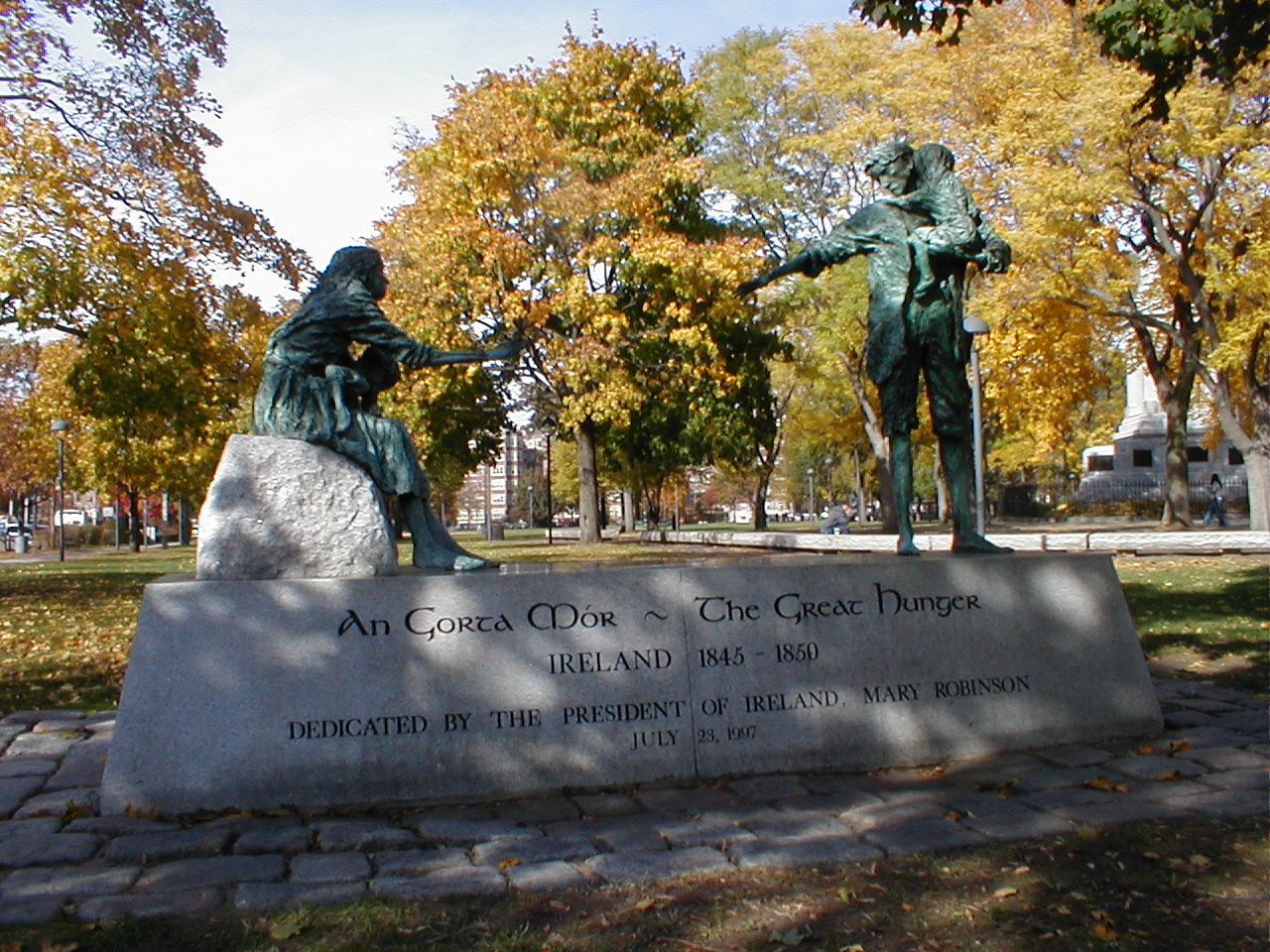By MICHAEL O’LOUGHLIN – May 10th at 6 pm London time/ 7 pm Berlin time/ 8 pm Cape Town and Jerusalem time/ 1 pm New York Time/ 12 noon Chicago time/
10 am Vancouver time
Part of the Psychoanalysis and Politics series Crises and Transmission
Taking my own culture of origin as illustrative, I intend to explore the complex relationship between culture and severe psychic breakdown. The World Health Organization’s studies on what they termed “schizophrenia” (World Health Organization, 1973, 1979) long ago suggested that protective factors may exist for mental health in non-western cultures, and that western cultures may have more risk factors. A later discussion by Hopper and Wanderling (2000), however, suggests the need for more nuanced discussion of what Nichter (1981) termed “idioms of distress” as well as complementary “idioms of recovery” (Hopper and Wanderling, 2000) that are particular to specific cultures, communities, and contexts. Therefore, rather than speak of cultures in general, or risk speaking of unfamiliar cultures in essentializing ways, I will focus on idiomatic aspects of Irish cultural formation that are suggestive of transgenerational and potential epigenetic links between ruptures in cultural continuity and signs of subsequent madness or other forms of psychic breakdown. In doing so I will focus, in particular, on the sequelae of a major calamity in Irish history often referred to as The Great Hunger.
Michael O’Loughlin is Professor in the College of Education and Health Sciences and in the Ph.D. program in Clinical Psychology at Adelphi University, New York. He has authored or edited many books, Including, most recently, Lives Interrupted: Psychiatric narratives of struggle and resilience (2019), and Precarities of 21st century childhoods: Critical explorations of time(s), place(s), and identities (2023). Since 2018 he has been co-editor of the journal Psychoanalysis, Culture and Society. He is also editor of the book series, Psychoanalytic Interventions: Clinical Social, and Cultural Contexts, and co-editor of the book series Critical Childhood & Youth Studies: Theoretical Explorations and Practices in Clinical, Educational, Social, and Cultural Contexts. He founded the Adelphi Asylum project to train doctoral students in asylum evaluation. He has a private practice for psychotherapy and psychoanalysis
on Long Island, NY.
Website: michaeloloughlinphd.com
Faculty profile: https://www.adelphi.edu/faculty/profiles/profile.php?PID=0064
Image: Andrew Kuchling, Statue: “The Great Hunger”, Located on Cambridge Common in Cambridge MA. Source: Flickr, Licence: Creative Commons.
Terms and conditions: Please register early. If you haven’t registered at least half an hour before the seminar starts, your participation cannot be guaranteed. Your ticket will only be refunded if the seminar is cancelled or postponed. If you have registered for a seminar and miss out for whatever reason, you can e-mail psychoanalysis.politics[at]gmail.com and ask for a private copy of the talk minus the discussion, which will be ready a few days after the event. For those who haven’t registered for a seminar, the video will be available for rental after a few days, see Films.

